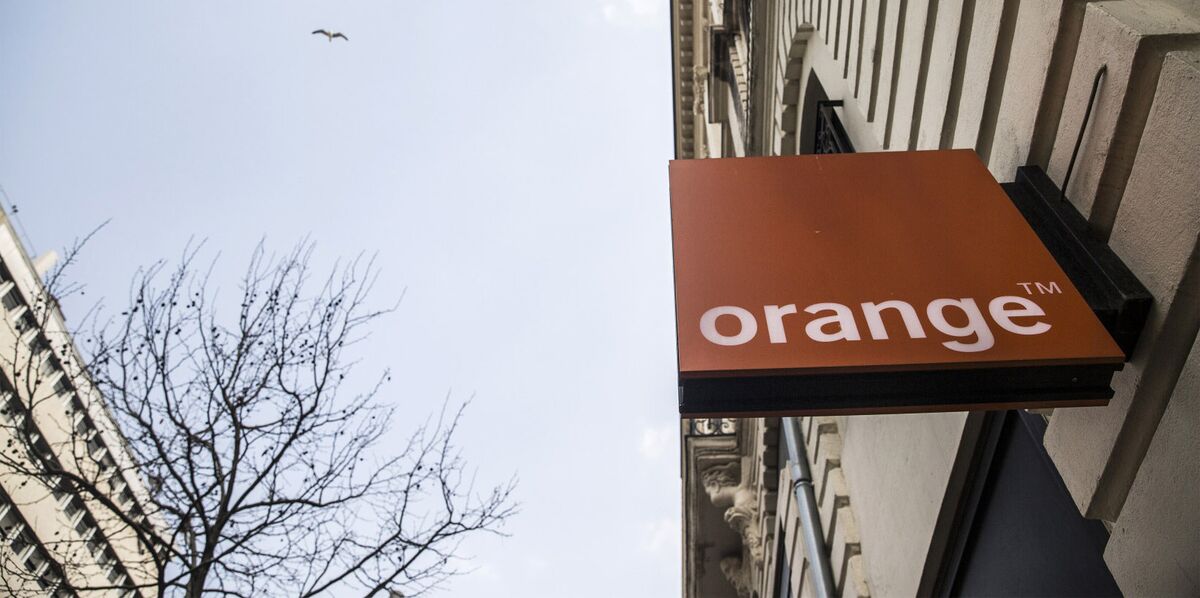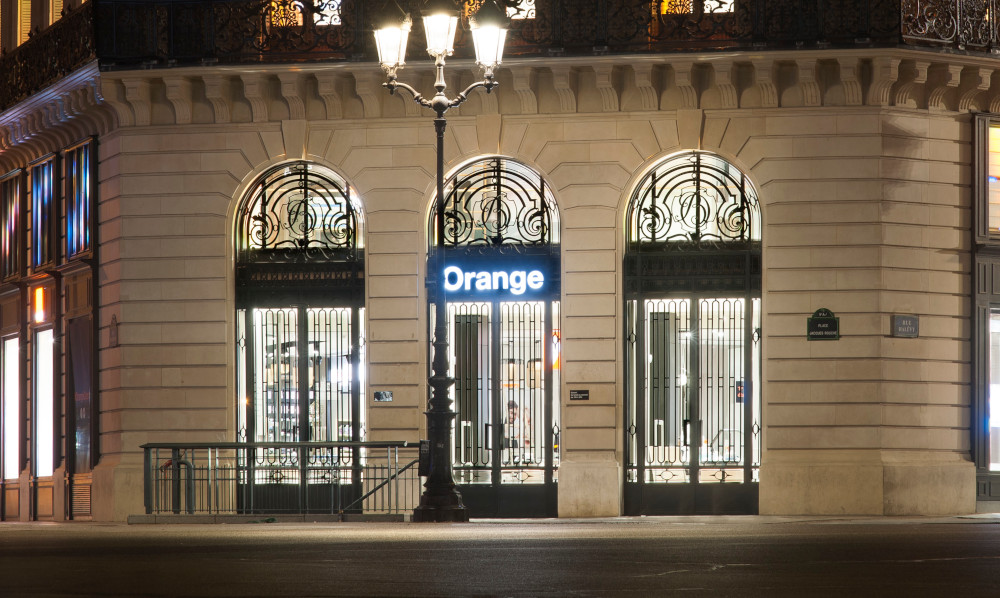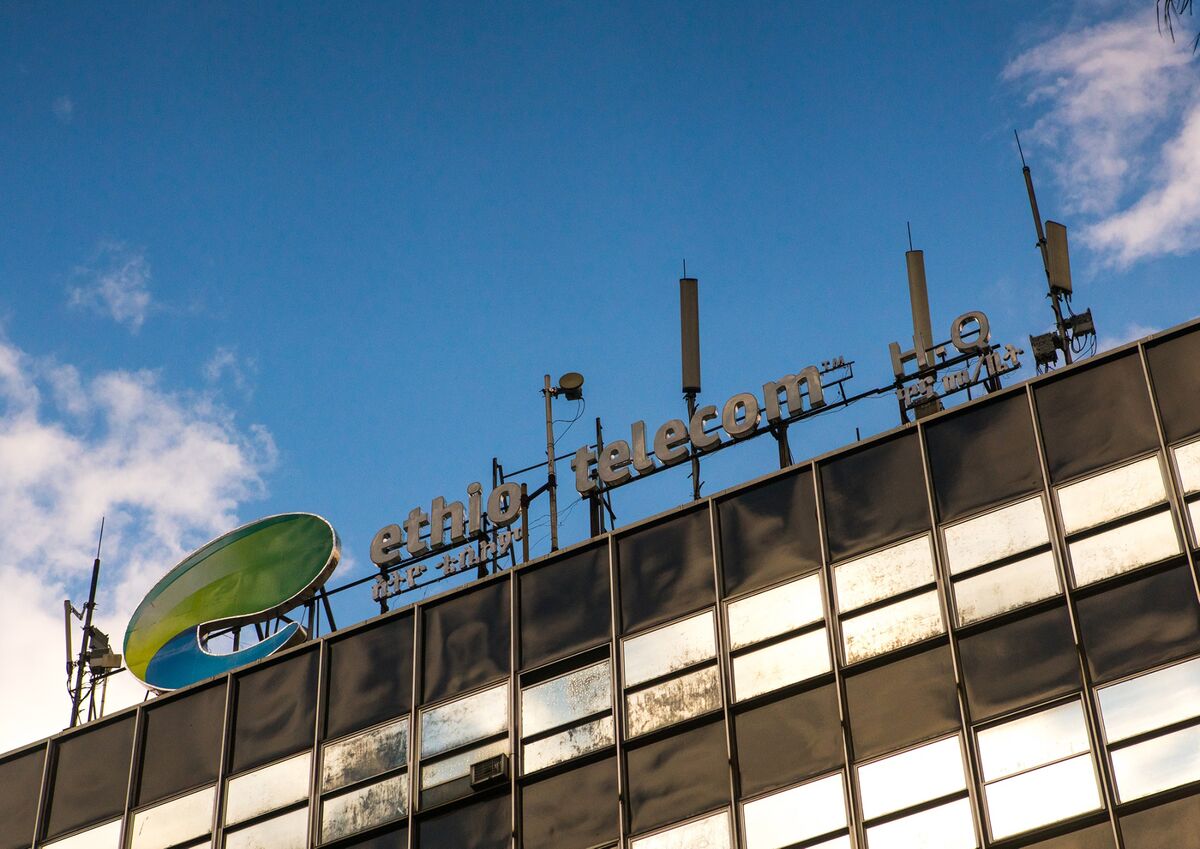MK254
JF-Expert Member
- May 11, 2013
- 31,654
- 48,430
Safaricom is still hopeful that it will launch mobile money services in Ethiopia as it awaits the decision on the acquisition of a licence to operate in the country.
The telco’s bid for control of the Ethiopian telecommunication market seems to have received a boost ahead of the official acquisition of the licence with the news that the Addis administration plans to liberalise mobile money services next year.
Prime Minister Abiy Ahmed said mobile-based financial services in Africa’s second most populous country will be opened to competition in the next 12 months, setting the stage for Safaricom to launch M-Pesa platform, which is a key driver of its revenues.
In April 2020, Addis indicated that only local companies would be allowed to offer mobile money transfer services in the country after the central bank sought to boost non-cash payments.
Safaricom declined to comment on the mouth-watering proposal ahead of the conclusion of its bid for the Ethiopian telecom licence, but the management remains optimistic that the proposal will open up opportunities for growth and investment for a teleco that is in the process of transforming into a technology company.
Safaricom announced that it is in the process of transforming into a purpose-driven technology firm by broadening its financial offerings beyond mere payments and credit to financial solutions that are capable of supporting small and medium-sized enterprises (SMEs) and corporates, including investment in the fibre business.

 www.theeastafrican.co.ke
www.theeastafrican.co.ke
The telco’s bid for control of the Ethiopian telecommunication market seems to have received a boost ahead of the official acquisition of the licence with the news that the Addis administration plans to liberalise mobile money services next year.
Prime Minister Abiy Ahmed said mobile-based financial services in Africa’s second most populous country will be opened to competition in the next 12 months, setting the stage for Safaricom to launch M-Pesa platform, which is a key driver of its revenues.
In April 2020, Addis indicated that only local companies would be allowed to offer mobile money transfer services in the country after the central bank sought to boost non-cash payments.
Safaricom declined to comment on the mouth-watering proposal ahead of the conclusion of its bid for the Ethiopian telecom licence, but the management remains optimistic that the proposal will open up opportunities for growth and investment for a teleco that is in the process of transforming into a technology company.
Safaricom announced that it is in the process of transforming into a purpose-driven technology firm by broadening its financial offerings beyond mere payments and credit to financial solutions that are capable of supporting small and medium-sized enterprises (SMEs) and corporates, including investment in the fibre business.

Safaricom’s bid to operate M-Pesa in Addis boosted by mobile money services launch
PM Abiy Ahmed said mobile-based financial services in Africa’s second most populous country will be opened to competition in the next 12 months.





